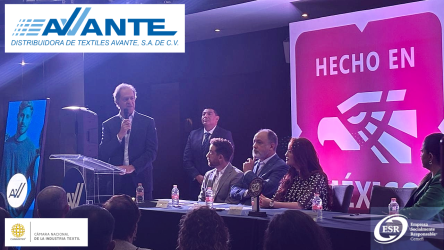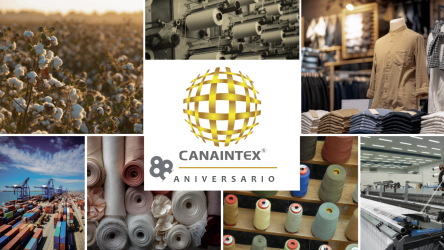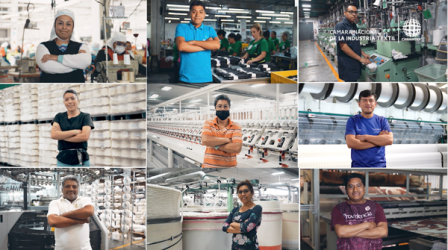January 09, 2018
The administration plans to exclude Canada and Mexico from any remedies resulting from Section 201 investigations into imports of solar products and large residential washers due to safeguard provisions in the North American Free Trade Agreement, sources tell Inside U.S. Trade.
South Korea, however, will not be excluded, they said.
Under Section 201 of the Trade Act of 1974, President Trump has until Jan. 26 to make a decision in the solar investigation and until Feb. 4 to determine whether to impose trade restrictions on imports of large residential washers.
Sources say decisions on both safeguard probes will be made well ahead of Trump's Jan. 30 State of the Union address, with some saying remedies could be determined as soon as next week. Solar groups met with Lighthizer last week to discuss remedy options, while stakeholders in the washers investigation are slated to meet with USTR this week, sources told Inside U.S. Trade.
USTR declined to comment on whether Mexico and Canada will be excluded from the Section 201 remedies, or whether Korea will be targeted.
An exclusion for Canada and Mexico is seen by some trade analysts as a way to ease tensions as NAFTA negotiations approach a crucial sixth round scheduled for Jan. 23-28 in Montreal.
The Section 201 investigations, kicked off roughly a month apart from each other last year, have been questioned by representatives of other countries who argue remedies that might result from them would be largely non-compliant with U.S. commitments outlined in free trade agreements and the World Trade Organization.
Canada and Mexico, in submissions to the U.S. International Trade Commission and Office of the U.S. Trade Representative, have cited NAFTA's Article 802 in arguing for exclusions in both probes. The provision outlines rules for the treatment of NAFTA countries in any global safeguard investigation.
The provision says “any action under Article XIX [of the General Agreement on Tariffs and Trade] shall exclude imports of a NAFTA Party unless (a) imports from a Party, considered individually, account for a substantial share of total imports, and (b) imports from a Party, considered individually, or imports from Parties considered collectively, contribute importantly to the serious injury or threat thereof caused by imports.”
Canada, in a May 26 submission to the ITC and during an August hearing on injury to the solar industry, argued that it did not meet such criteria and should therefore be exempt from potential safeguard remedies.
USTR, in NAFTA modernization talks with Mexico and Canada, has proposed eliminating the deal's global safeguard exclusion “so that it does not restrict the ability of the United States to apply measures in future investigations,” the agency said in its updated negotiating objectives, published in November.
The ITC, in the solar investigation, found that imports from Mexico and South Korea were a substantial cause, or threat thereof, of serious injury to the domestic solar industry, while all other FTA countries were assigned negative findings. In the washer probe, the ITC found that no FTA countries contributed substantially to the injury suffered by the domestic industry.
South Korea remains in the crosshairs of both Section 201 investigations. The country was flagged by the ITC as a “leading supplier” of foreign crystalline silicon photovoltaic cells and modules in the solar probe, and two South Korean companies are at the center of the washers investigation.
The investigation into large residential washers imports began after a global safeguard petition was filed in May by Whirlpool. The U.S. company, backed by GE Appliances, claims that South Korean-based Samsung and LG have repeatedly relocated their large residential washer production facilities to avoid antidumping duties levied by the Commerce Department.
If Trump hits South Korea with remedies on washers, the country will challenge the U.S. at the WTO, according to Kim Hyun-chong, South Korea's trade minister.
“We will actively reach out to related industries to resolve the issues in a timely manner,” Kim said on Jan. 5, according to the state-backed Yonhap news service. “In regard to measures that violate international regulations, we will file a suit at the World Trade Organization.”
Heesang Kim, deputy director-general of bilateral economic affairs at the South Korean Ministry of Foreign Affairs, also made a case against the U.S. use of the safeguard tool at Section 201 hearings held at USTR.
During USTR's Dec. 6 hearing, Kim said South Korea “strongly declares” that USTR should not recommend any remedies that could be challenged at the WTO.
He also warned against the inclusion of Korea in a safeguard recommendation in the washer probe.
“It would be hard to explain to the Korean people and American consumers why the president imposed a safeguard measure against Korean imports contrary to recommendations of the ITC, contrary to [the U.S.-Korea Free Trade Agreement] and contrary to the specific facts of this case,” he said during the Jan. 3 washers hearing.
A trade attorney told Inside U.S. Trade that Trump, in both Section 201 investigations, “will probably accept what USTR recommends, even if it’s different from the ITC.”
According to Article 22.6 of KORUS, South Korea can challenge the U.S. in Geneva or under the auspices of the FTA, but cannot pursue both.
“Where a dispute regarding any matter arises under this Agreement and under the WTO Agreement or any other agreement to which both Parties are party, the complaining Party may select the forum in which to settle the dispute,” Article 22.6 of KORUS states. “Once the complaining Party has requested the establishment of, or referred a matter to, a dispute settlement panel under an agreement referred to in paragraph 1, the forum selected shall be used to the exclusion of other fora.” – Isabelle Hoagland (isabelle.hoagland@iwpnews.com)




